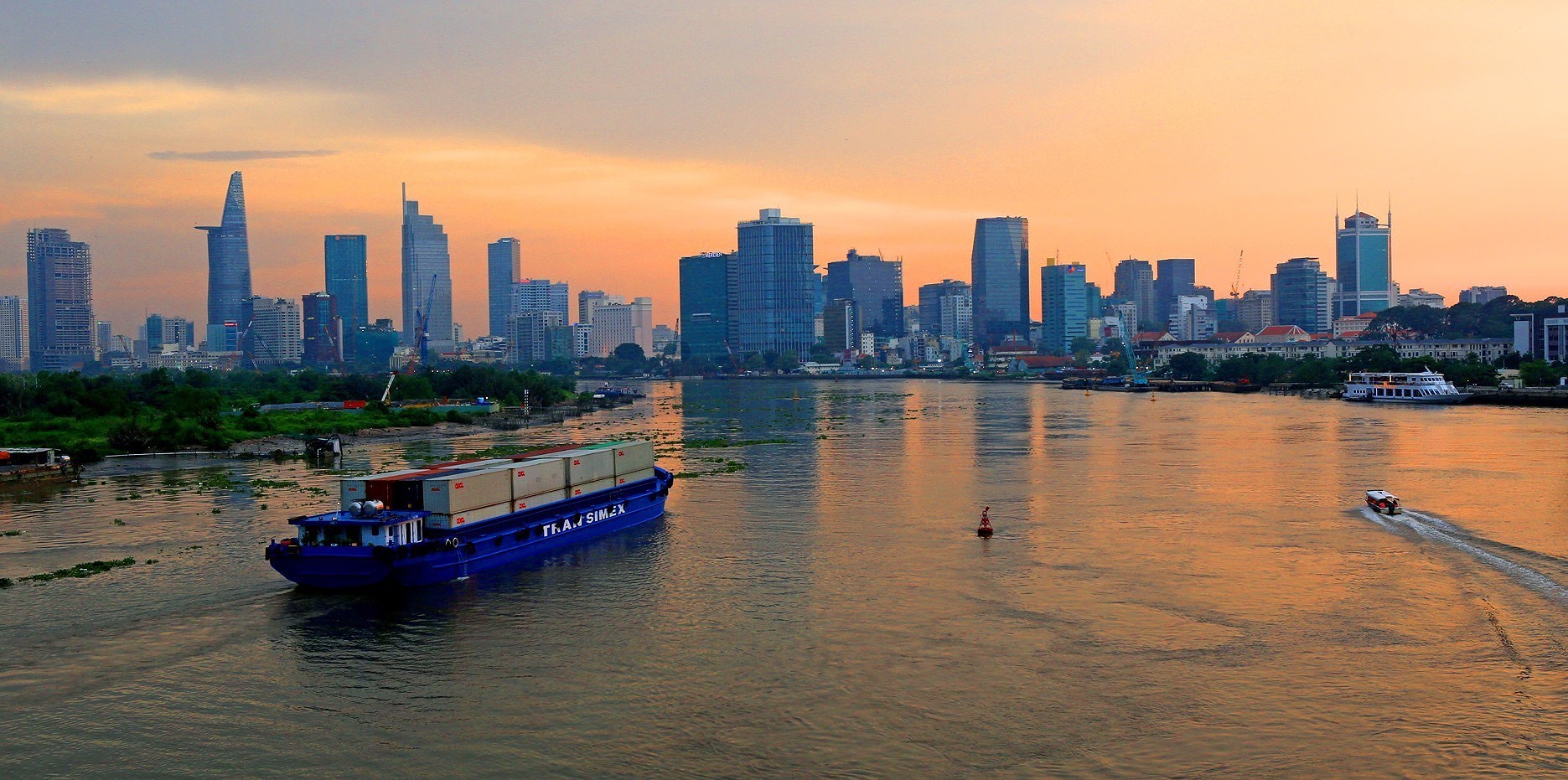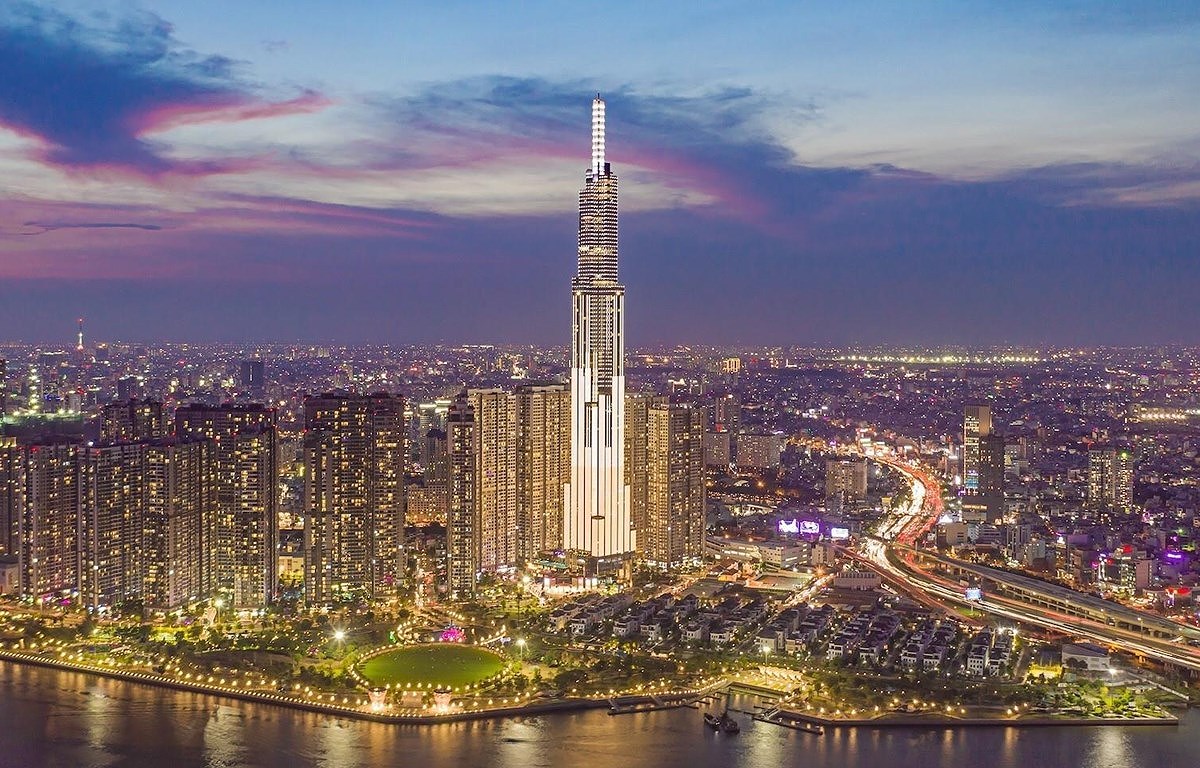 A corner of Ho Chi Minh City (Photo: VNA)
A corner of Ho Chi Minh City (Photo: VNA)
HCM City (VNA) - HCM City is to become a smart urban area, maintain
its role as the country’s economic engine, and realise its goal of becoming an
economic and financial hub in Asia, experts have said.
During a seminar on May 5 to discuss the city’s development orientations
during 2021-2030 and vision to 2045, Chairman of the municipal People’s
Committee Nguyen Thanh Phong said that despite COVID-19 last year the city’s
economy still grew 1.39 percent with local budget revenue standing at more than
371 trillion VND (16.1 billion USD), contributing more than 25 percent of the
State budget.
By 2025, HCM City is set to become a smart urban area and a modern industrial
and service city that acts as a driving force for the southern key economic
region. Average annual gross regional domestic product (GRDP) per capita is
estimated at 8,500 USD.
By 2030, it will have become a cultural city, a locomotive of digital
socio-economic development, and a financial, economic, trade,
scientific-technology, and cultural centre of Southeast Asia.
By 2045, it is expected to have become an economic and financial hub in
Asia with average annual GRDP per capita of around 37,000 USD and an attractive
destination for global investors.
Sharing similar views, economist Dr Tran Du Lich said that over the
course of the next decade it is necessary to develop the city’s economy based
on digital technology, with strengths in nine service sectors and four
industrial sectors and key products.
He proposed issuing breakthrough policies and measures relating to
transportation infrastructure for regional connectivity.
According to Associate Professor Nguyen Van Luan from the University of
Economics and Law under the Vietnam National University - HCM City, the city
needs to shift to a new economic growth model and maintain an annual growth rate
of 8 percent during the 2021-2030 period, focusing on financial and banking
services, tourism, trade, and logistics.
He suggested improving the quality of human resources, strongly developing
the private sector, and effectively tapping natural resources.
 Overview of Landmark 81 building in Ho Chi Minh City (Photo: VNA)
Overview of Landmark 81 building in Ho Chi Minh City (Photo: VNA)
To turn HCM City into a smart city, Associate Professor Tran Mai Uoc
from the Banking University of HCM City called for priority to be given to
partnerships between the State, businesses, and scientists as well as upholding
the role of the people.
Dr Vu Thanh Tu An from Fulbright University Vietnam said that infrastructure
during 2030-2045 is not only about electricity and roads but also databases,
information systems, data sharing, and privacy.
The city must carry out strong reform in terms of institutions and the business
environment to attract more foreign investors, he added./.
VNA